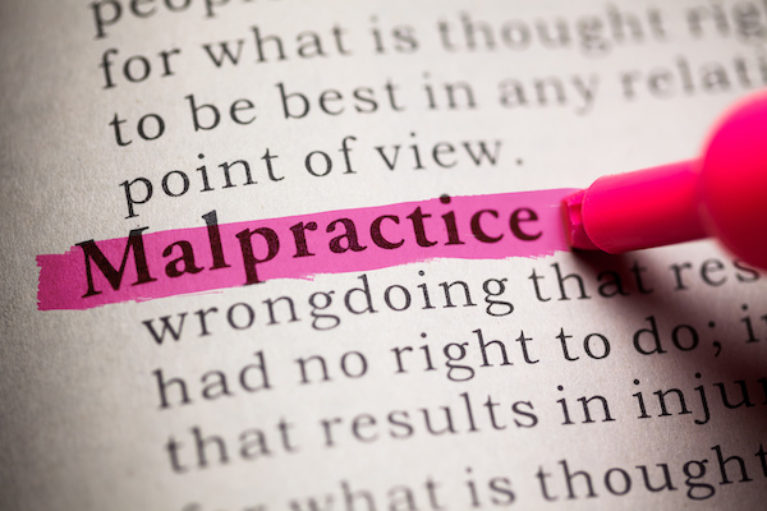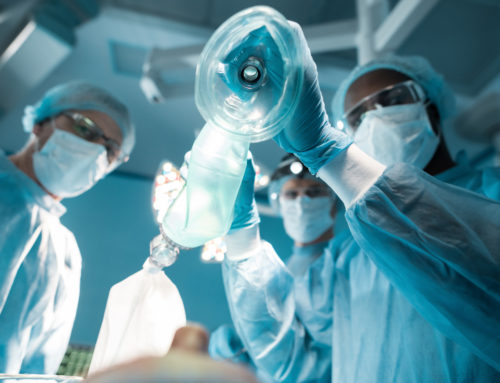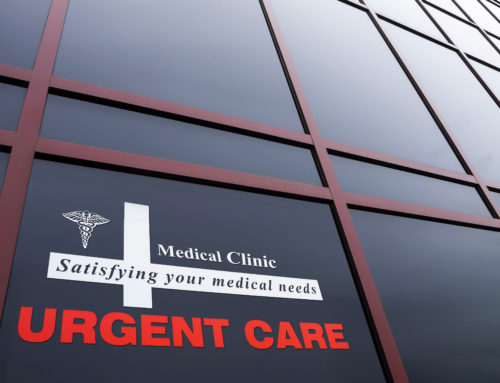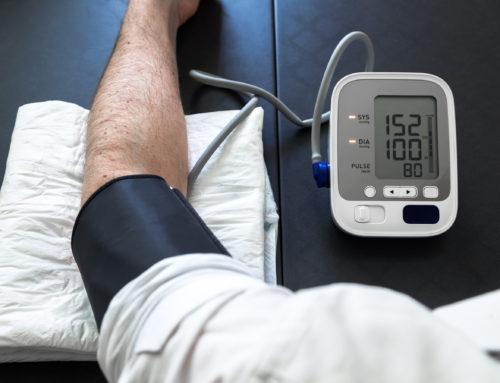Medical malpractice is becoming an epidemic in the United States. The U.S. News and World Report suggests that medical malpractice is the third leading cause of death in America, only falling behind cancer and heart disease. Medical malpractice alone causes 250,000 patient deaths — 10% of all deaths — every year. Forbes reports that in 2012, medical malpractice payouts topped $3 billion. Learn what medical malpractice is, how it happens, and what you can do if you or a loved one are the victim of malpractice.
Medical Malpractice Defined
Medical providers owe a duty of care to patients to provide appropriate medical care. One of the burdens of proof that must be met in a malpractice case is that a doctor-patient relationship existed. This means that if your neighbor, who happens to be a doctor, gave you bad medical advice, you likely could not sue him for malpractice since you were not actually his patient.
The second burden of proof that must be met is that the doctor was actually negligent. It’s not enough to be displeased with your medical care — you must be able to show that the physician was negligent in their care of you and that a competent doctor with the same education and skills would not have caused you the same harm. Your physician is not legally required to provide the best care, but is required to provide you with reasonably careful and skilled care.
You must also prove that the negligent act or acts on the part of your physician directly result in harm. For example, if an anesthesiologist failed to administer the proper dose of anesthesia and you woke up during surgery and suffered physical and psychological trauma, this would likely be considered medical malpractice. An alternative scenario that might not be considered medical malpractice is if a loved one had a malignant liver tumor and your loved one passed away shortly after performing a surgical treatment to attempt to shrink the tumor. It would be very difficult to determine if it was something the doctor did during the surgery that caused the death of the patient or if it was the cancer itself.
The last thing you must prove in order to have a successful malpractice claim is that the doctor’s negligent action or inaction must have directly caused you damages. Damages include additional medical expenses, lost wages, and pain and suffering. If the physician made a mistake but did not cause you any harm, it will be difficult to assess if or how you should be compensated.
How Does Medical Malpractice Happen?
Medical malpractice can occur in a variety of different ways. For example, a doctor may fail to diagnose you properly or may fail to read scans and test results correctly. Or, they may fail to adequately warn a patient of the risks associated with a medication or procedure, and the patient has a bad reaction that they did not know was possible.
One unfortunate scenario that happens frequently is patients come in with chest pain and the doctor assumes that because the patient is young or does not have a family history of heart disease that it is heartburn or anxiety. The patient is observed for a short period of time, but blood work, chest x-rays and other tests normally done on patients suspected of a heart problem are not done. The patient is sent home and later passes away from a heart attack because the doctor failed to follow appropriate chest pain protocol.
What to Do If You’re a Victim of Medical Malpractice
Your first thought may be to discuss your case with a malpractice lawyer to determine if it has merit, and this is certainly a good move. However, there is another piece to the puzzle that can help increase the chances your case will be successful. A medical expert witness can offer easy-to-understand expert testimony to help the judge and jury understand what really happened to you — and if it was the doctor’s fault. It may be difficult for judges and jury members to understand complex terminology, and that’s where an expert witness helps.
If you or a loved one were a victim of medical malpractice, don’t hesitate to contact Dr. Edward Mallory today to discuss how expert witness testimony may be beneficial to you. Call now at (813) 997-1241.




























